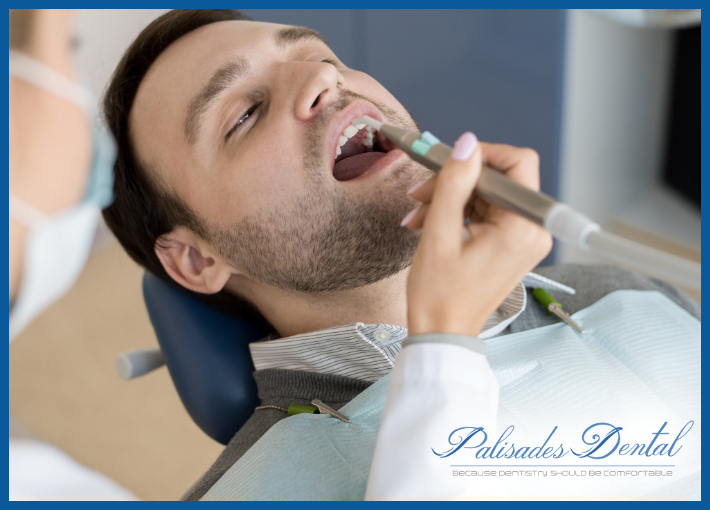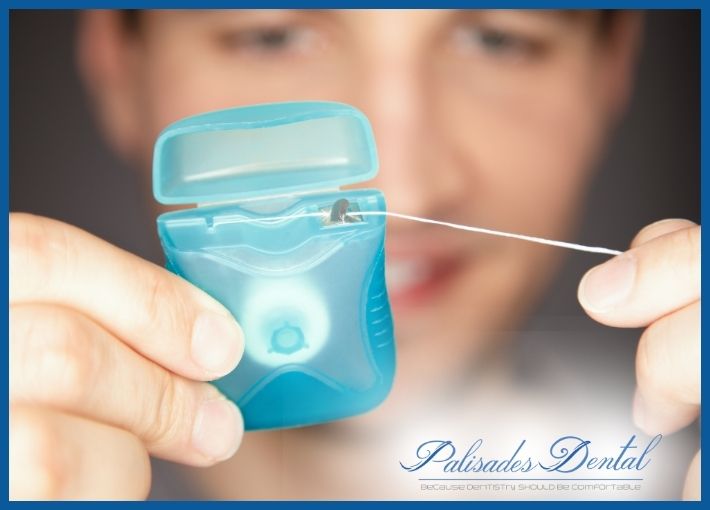Facing a cavity can feel daunting, but it’s a dental issue that can easily be addressed. Read to learn all you can expect from your appointment. We’ll walk you through each step, from discussing treatment options with your dentist to the filling process. Rest assured that our team will take all the time you need to get your questions answered so that you feel as informed and relaxed as possible.
Knowledge is power when confronting a situation. Knowing what to expect when getting a cavity filled and afterwards can help ease your fears. If you’re worried about pain and discomfort while your dentist fills your cavities (otherwise known as dental caries), empower yourself – or your children – with information on what to expect.
Cavity Filling: The Procedure
To help you avoid pain, your dentist will administer a local anesthetic, so named because it only numbs the area being treated and doesn’t put you to sleep. Since you’ll be fully awake during the procedure, you’ll be able to interact with your dentist. Lidocaine is a commonly used anesthetic during dental work.
Administering the anesthetic is a three-part process in which your dentist:
- Gently dries out the inside of your mouth with a piece of cotton or stream of air.
- Dabs gel on the gum tissue to numb it.
- Injects the lidocaine into your numbed gum tissue.
Once the treatment area is completely numb, you won’t feel a thing as the dentist works to remove your diseased tooth structure and fills your cavity.
Did you know? Numbing the gum tissue reduces the sensation you feel when the dentist injects the local anesthetic. Interestingly enough, that sting isn’t from the needle. Instead, it’s a sensation created by the anesthetic as it works its magic to numb your gums and mouth.
Cavity Filling: After the Procedure
As the anesthesia wears off after your dentist has finished, you might feel some tingling in your mouth. Some people also have sensitivity in their teeth after a filling. For the most part, the sensitivity should fade after a few days.
Your dentist might give you pain relievers to help with any soreness right after a cavity treatment. In these cases, try to take it easy and avoid hard or sticky foods.
Cavity Filling: When to Call Your Dentist
Getting a filling should improve the health and comfort of your mouth, not make them worse. Do cavity fillings hurt? Although you can expect some tenderness and soreness during the first few days after you get a tooth filled, they shouldn’t.
It’s a good idea to call your dentist if that discomfort persists for more than a week. Your dentist can adjust the filling, so it’s a better fit.
If you were fine right after treatment, but start to experience pain or discomfort weeks, months or even years later, it’s also a good idea to check in with your dentist.
Fillings don’t last forever. Plus, some filling materials have shorter lifespans than others. Your dentist can check out your teeth and let you know for sure.
Did you know? If you have more than one filling, such as a filling on an upper tooth and a filling on a lower tooth, you might experience galvanic shock — an actual zap in your mouth. This can happen if the two fillings are made from contrasting metals, such as dental amalgam on one tooth and a gold filling on the other. To avoid shocking yourself, have your dentist use the same material for each of your fillings.
Cavity Filling: Avoiding the Procedure
To avoid fillings in the future, make sure you follow American Dental Association guidelines:
- Make fluoride your friend by drinking fluoridated water and brushing with fluoride toothpaste twice daily.
- Avoid sugary foods and drinks, making an exception occasionally at mealtimes.
- Floss your teeth daily.
- Visit your dentist regularly for checkups to nip potential cavities in the bud.
Doing all of these things can help prevent cavities, but if you do end up with one, your dentist will work with you to make the process as painless and stress-free as possible.

Don’t let cavities hold you back! Address your cavity problem and get back to a healthy smile with confidence! Schedule your dentist appointment today at 801-756-1009. For more tips on general dentistry, follow us on Instagram.
Reference: [https://www.colgate.com/en-us/oral-health/cavities/cavity-fillings-do-they-hurt]










